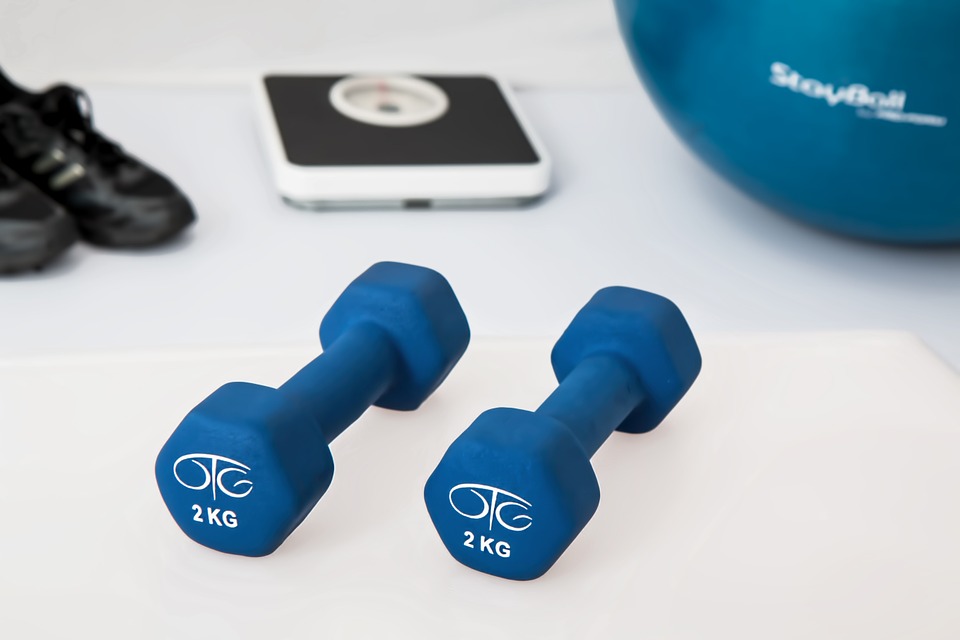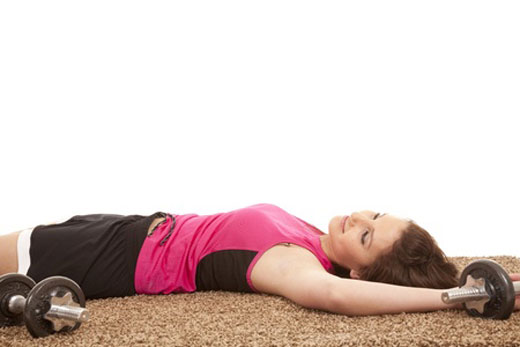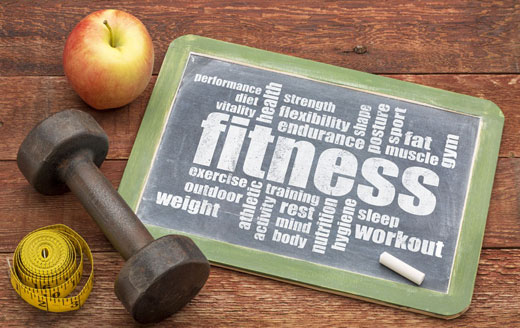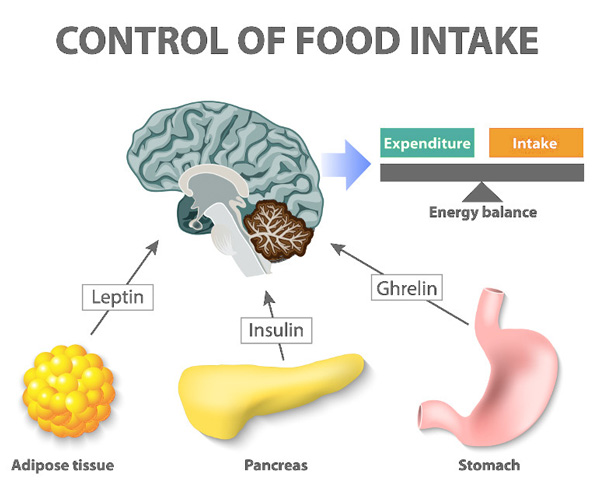Trying to lose weight but it’s not working?
Yes, we understand your frustration. You are just zeroing into what exactly is hampering your weight loss, but all in vain. You are doing all the right workouts and you are following a strict diet. Then what’s going wrong?!
It is natural and obvious to blame your workout regime or your diet. But sometimes, none of them are real issues.
While you are busy choosing between following a new work out session and changing your diet, you probably don’t give a second thought to the most crucial part of the day- sleep!
And you’re not the only one; many fail to understand the importance of sleep.
It is the key that boosts your reward for the diet and fitness efforts. It’s almost too easy to relate and connect the dots, considering the statistic for obesity and those who suffer from sleep deprivation.
So what happens when you get less sleep?
When you have had a bad night of sleep, you tend to wake up exhausted, dazed and a little grumpy. The truth is that apart from your body and brain, it is also your fat cells that respond in a similar way. When deprived of sleep, you suffer from “metabolic grogginess.”
The hormones that control your fat cells may respond aggressively when you are sleep deprived. Your body’s ability to use insulin (the master storage hormone) declines drastically and eventually gets disrupted.
Fat cells start removing the fatty acids and lipids from your bloodstream and prevent storage when insulin stops functioning. The fats start to circulate in your blood and pump out more insulin.
The excess insulin starts storing all the fat and that too in all the wrong places. This means fat gets accumulated in tissues like your liver. This is how you tend to become fat and get diabetes.
Take your time to do the research and find more detailed advice on crafting a smart, healthy sleep regimen, from choosing a good mattress to organizing around your sleep needs (our favorite source of sleep tips, reviews and tips is TheSleepStudies.com).
If you are tired, you are going to start craving for more food!
Your hunger is controlled by two major hormones; leptin (produced in your fat cells) and ghrelin.
If your body produces less leptin, the more likely your stomach will feel empty. And the more ghrelin your body produces, your more a subjective feeling of hunger will be simulated. This happens although you would be trying to increase the number of calories you burn.
So, in turn, this increases the fat that is stored in your body. Sleep deprivation makes it impossible for you to control the leptin and ghrelin production in your body.
Also, when you don’t get enough sleep, the cortisol levels rise in your body. And you already know that the loss of sleep causes your body to produce more ghrelin. A deadly combination of high ghrelin and cortisol levels shuts down those parts of your brain that make you feel full and satisfied after a meal. This means you will be hungry all the time!
More injury, the more rest you need
Your reflexes also take a toll when you are sleep deprived. Your judgment is impaired and you may not be responding as accurately as you should be. And this can be extremely dangerous especially if you are dealing with heavyweight items.
Keep in mind that your body needs sufficient time to rest so that the cells can be regenerated and repaired.
So, now you know what to change- your sleep pattern!

























